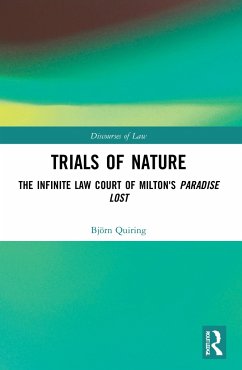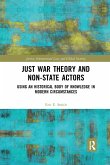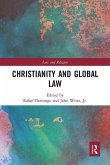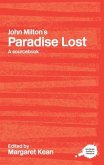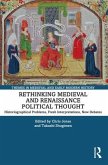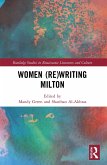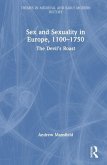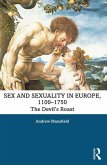Focusing on John Milton's Paradise Lost , this book investigates the metaphorical identification of nature with a court of law - an old and persistent trope, haunted by ancient aporias, at the intersection of jurisprudence, philosophy and literature. In an enormous variety of texts, from the Greek beginnings of Western literature onward, nature has been described as a courtroom in which an all- encompassing trial takes place and a universal verdict is executed. The first, introductory part of this study sketches an overview of the metaphor's development in European history, from antiquity to the seventeenth century. In its second, more extensive part, the book concentrates on Milton's epic Paradise Lost in which the problem of the natural law court finds one of its most fascinating and detailed articulations. Using conceptual tools provided by Hannah Arendt, Walter Benjamin, Hans Blumenberg, Gilles Deleuze, William Empson and Alfred North Whitehead, the study demonstrates that the conflicts in Milton's epic revolve around the tension between a universal legal procedure inherent in nature and the positive legal decrees of the deity. The divine rule is found to consolidate itself by Nature's supplementary shadow government; their inconsistencies are not flaws, but rather fundamental rhetorical assets, supporting a law that is inherently "double- formed". In Milton's world, human beings are thus confronted with a twofold law that entraps them in its endlessly proliferating double binds, whether they obey or not. The analysis of this strange juridical structure can open up new perspectives on Milton's epic, as well as on the way legal discourse tends to entangle norms with facts and thus to embed itself in human life. This original and intriguing book will appeal not only to those engaged in the study of Milton, but also to anyone interested in the relationship between law, history, literature and philosophy.
"This volume by Quiring is extremely enjoyable both for its fluent style and clear exposition, and for the depth of its scientific approach: he re-reads some previous philosophical perspectives from a new creative light, shedding new meaning on Milton's allegories and symbols." Daniela Carpi, University of Verona, Italy
"Both dense and capacious, this study will be foundational to future scholarly treatment of the influence of natural law on Milton's work." Lynn Greenberg, Hunter College, CUNY, USA
"Trials of Nature demonstrates wide-ranging scholarship and both brilliance and interpretative licence", David V. Urban, Calvin University, Michigan, USA
"Both dense and capacious, this study will be foundational to future scholarly treatment of the influence of natural law on Milton's work." Lynn Greenberg, Hunter College, CUNY, USA
"Trials of Nature demonstrates wide-ranging scholarship and both brilliance and interpretative licence", David V. Urban, Calvin University, Michigan, USA

